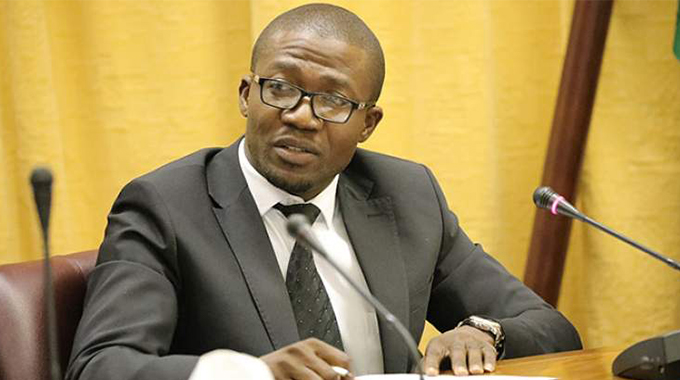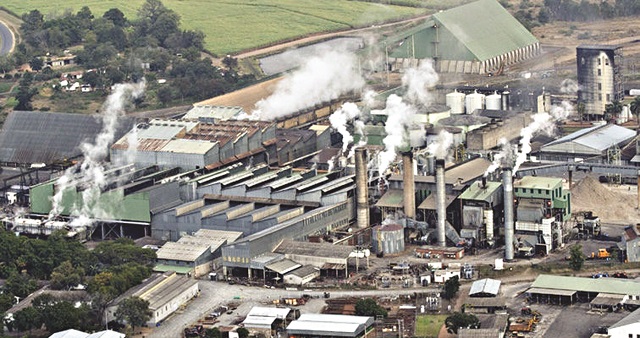AfCFTA full implementation in 15 years – Minister

Harare Bureau
ZIMBABWE will fully implement the African Continental Free Trade Area (AfCFTA) in the next 15 years once the country has fully industrialised for it to effectively benefit from the 1,2 billion market provided by the trade agreement, Minister of Industry and Commerce Mangaliso Ndlovu has said.
AfCFTA, which is expected to boost intra-Africa trade came into being on May 30 after it was ratified by 22 member countries including Zimbabwe, in what the African Union (AU) believes will be a continent-wide market of 1,2 billion people worth US$2,5 trillion.
However, local trade analysts have been raising questions on whether the country will fully benefit from markets created by the trade agreement given the myriad of challenges affecting Zimbabwean industries at the moment.
Minister Ndlovu told our Harare Bureau that Government was fully aware of the issues affecting the country’s manufacturing sector and they had made necessary negotiations with other member states to make sure that they do not reduce the country to a dumping ground by other states.
“I understand the potential risk to it and the biggest one being we are likely to be on the receiving end from big companies who have more competitive products who will use us as a dumping site but obviously we did not ascend to it blind-folded. We are aware of the risks that are there . . .
“If I may just add on, as a country we have negotiated that we will fully implement the treaty in 15 years so we have more time to industrialise,” he said.
“We have more time to make sure that our companies are able to produce competitive products but at the same time we will be able to export to the whole continent.
“I believe when we look at the free trade area, let’s consider the opportunities that are there, they are quite numerous and for a country that is struggling so much with forex, these are export markets being opened for our country and I believe it’s good for us,” said Minister Ndlovu.
Local industries have been failing to operate at 100 percent capacity utilisation and the greatest setback has been the foreign currency shortage and antiquated equipment that has rendered local products uncompetitive.
This has seen many companies struggling to secure raw materials to operate at optimum levels. According to reports, industry require at least US$2 billion to retool.
However, Government is now seeking lines of credit to support the manufacturing sector so that they can participate in the export market and generate foreign currency. Recently it announced that it is in talks with Afreximbank to finance private companies that are seeking offshore borrowings to retool.











Comments